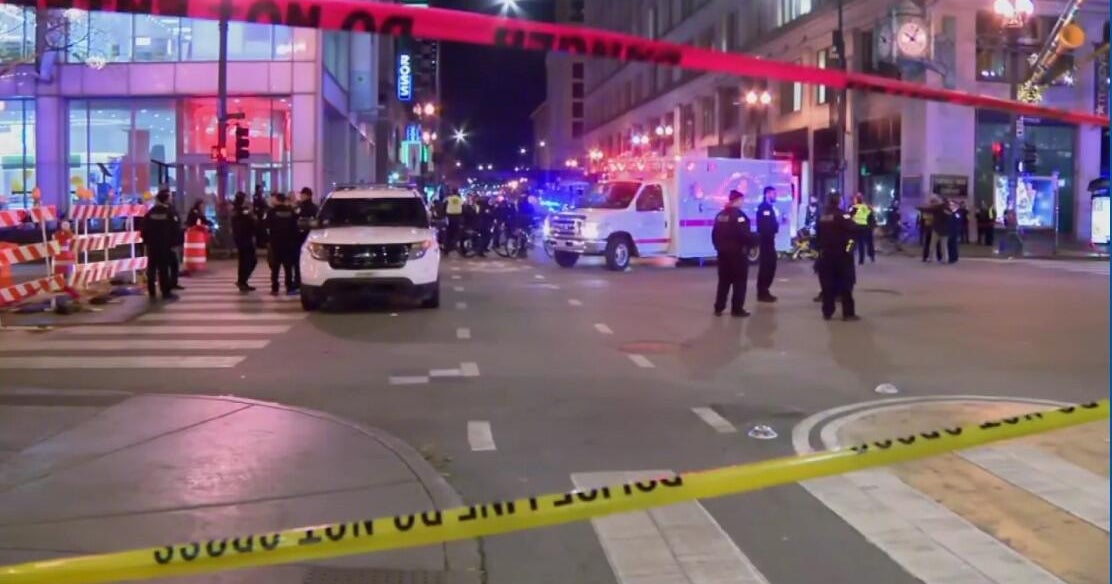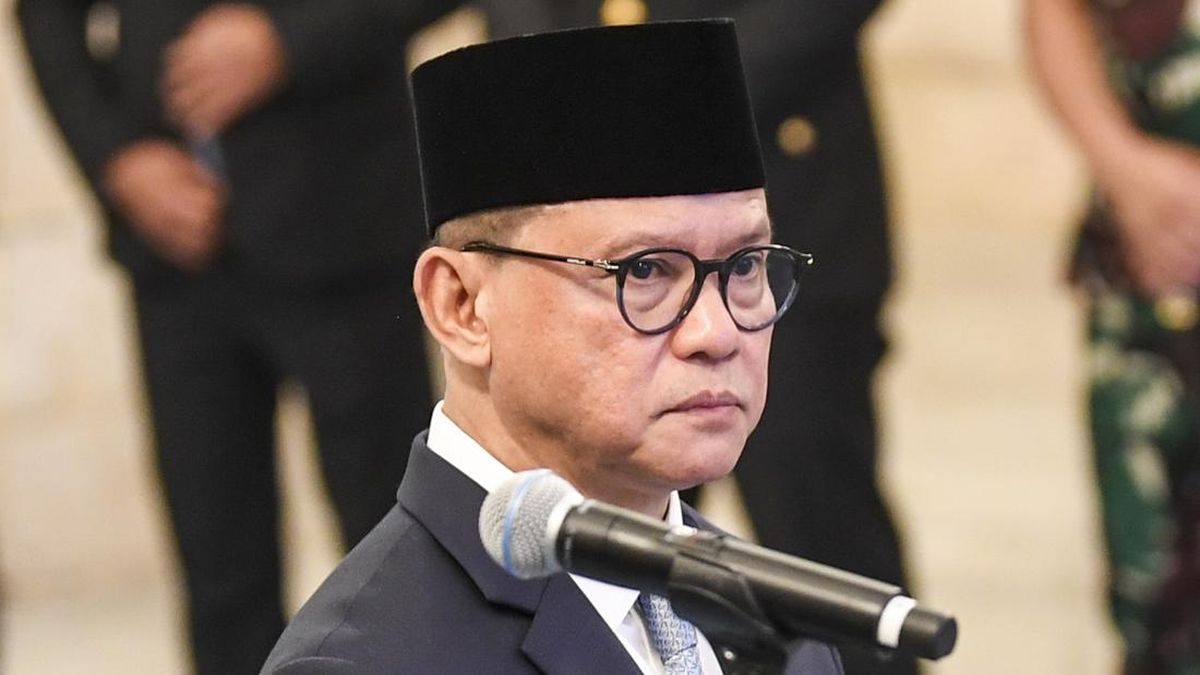‘Not woke stuff’: Trump administration bars US officials from Australia defence talks
Confidential talks canvassing strategies to prevent a war with China and deepen the United States-Australia alliance have been scrapped after the Trump administration abruptly blocked senior defence officials from travelling to Canberra next week.
National security experts fear an array of exchanges between US and Australian counterparts will dry up following a sweeping Pentagon edict, announced this week, suspending all participation in think tank and research events because it suspects they do not align with Donald Trump’s “America First” agenda.

Under Defence Secretary Pete Hegseth, the Pentagon has banned all co-operation with think tanks and research institutes. Credit: AP
The edict comes as the US reviews the future of the AUKUS nuclear-powered submarine pact and Prime Minister Anthony Albanese prepares for a potential first meeting with Trump in September after months of no discussions between the pair.
US and Australian officials were planning to meet some of the nations’ top defence experts in Canberra on Monday and Tuesday next week for the fifth round of the US-Australia Indo-Pacific Deterrence Dialogue, but the event was suddenly called off on Wednesday when the American officials were told they were no longer allowed to travel to the event.
Around 40 American and Australian national security figures would have gathered to discuss issues such as military integration, nuclear deterrence and strategic interaction with China at the closed-door dialogue, which involved months of planning.
The so-called “1.5 track” event brings together current military leaders, government officials and diplomats with non-government researchers. Discussions are held under the Chatham House rule to foster frank discussions on sensitive and complex topics, with the participants’ identities kept secret.
This would have been the first time the dialogue has been held since Trump’s re-election.
Chief Pentagon spokesman Sean Parnell said in a statement: “In order to ensure the Department of Defence is not lending its name and credibility to organisations, forums, and events that run counter to the values of this administration, the Department’s Office of Public Affairs will be conducting a thorough vetting of every event where Defence officials are invited to participate.”
Rory Medcalf, head of the Australian National University’s National Security College, said the “cancellation of this dialogue is disappointing and counterproductive for alliance interests”.
“This would have been a valuable opportunity for the US administration to help Australians understand its strategy, and for us to help explain Australia’s security priorities,” he said.
“It is in the interests of both countries that such dialogues resume as soon as possible.”
Foreign policy sources, speaking on condition of anonymity, blasted the US move as “a shock”, “narrow-minded” and “self-defeating”.
“This is a war on expertise,” one foreign policy expert said. “These dialogues are not woke stuff, they are about hard strategy … This is the US shooting themselves in the foot.”
Organisers are hoping to reschedule the dialogue, but it is unclear when this will be possible under the new Pentagon rules.
Several participants noted it was ironic they were being blocked from discussing the exact topics Pentagon policy chief Elbridge Colby has urged US allies like Australia to take more seriously, including how they would respond to a war over the self-governing island of Taiwan.
Loading
The most recent dialogue, held in 2023, examined how the US and Australia would respond militarily in a conflict over Taiwan. According to a summary of the event, participants warned that the allies “lack a clear framework for determining what roles and missions each would assume in the event of a contingency, an omission that is becoming untenable due to the lack of strategic warning time ahead of a major conflict”.
The deterrence dialogue is run by the University of Sydney’s United States Studies Centre and the Pacific Forum, a Hawaii-based think tank. This year’s event also involved experts from the Australian National University and the Centre for Strategic and Budgetary Assessments, a Washington-based think tank.
Mike Green, chief executive of the United States Studies Centre, said the Pentagon edict represented US Defence Secretary Pete Hegseth “fighting internal culture wars in the US”.
“I think it won’t last long because Pentagon officials have historically relied on these types of exchanges, not just to explain their strategy but to help them understand what they can’t see,” he said.
Loading
“They really value this type of exchange because it helps them get a fuller picture of the crucial Indo-Pacific theatre.”
If the edict remains in force, it would probably curtail similar events organised by think tanks such as the Australian Strategic Policy Institute and the Lowy Institute. Visiting officials typically hold private meetings with their Australian counterparts on the sidelines of such forums.
The Pentagon boycotted the high-profile Aspen Security Forum on the grounds that it promoted “the evil of globalism” and “hatred of the president of the United States”, and banned military leaders from attending the Halifax International Security Forum in Nova Scotia.
Most Viewed in Politics
Loading


















































